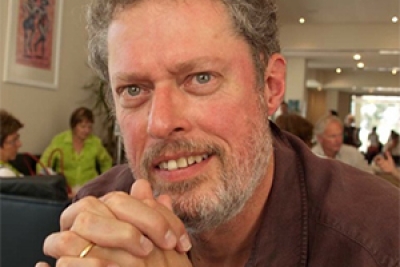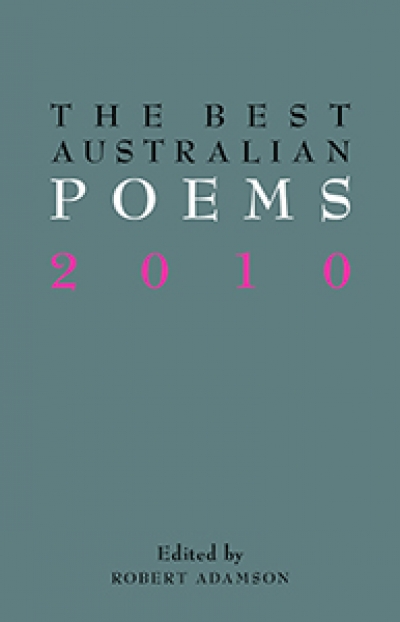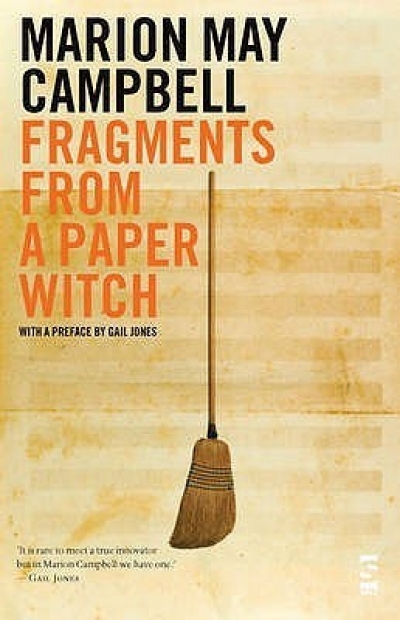Accessibility Tools
- Content scaling 100%
- Font size 100%
- Line height 100%
- Letter spacing 100%
Philip Mead
The ABR Podcast
Released every Thursday, the ABR podcast features our finest reviews, poetry, fiction, interviews, and commentary.
Subscribe via iTunes, Stitcher, Google, or Spotify, or search for ‘The ABR Podcast’ on your favourite podcast app.
‘Where is Nancy?’ Paradoxes in the pursuit of freedom
by Marilyn Lake
This week on The ABR Podcast, Marilyn Lake reviews The Art of Power: My story as America’s first woman Speaker of the House by Nancy Pelosi. The Art of Power, explains Lake, tells how Pelosi, ‘a mother of five and a housewife from California’, became the first woman Speaker of the United States House of Representatives. Marilyn Lake is a Professorial Fellow at the University of Melbourne. Listen to Marilyn Lake’s ‘Where is Nancy?’ Paradoxes in the pursuit of freedom’, published in the November issue of ABR.
Recent episodes:
Antipodal Shakespeare: Remembering and Forgetting in Britain, Australia and New Zealand, 1916 - 2016 by Gordon McMullan and Philip Mead et al.
You learn very different things from different poets, from formal aspects, some of them minute, to whole revelations about what a poem might be. This is always developing, and influences tend to come in waves or moments, with anthologies and magazines, subcultures ...
... (read more)You’ll be lost in the headlong city, turning your oar, older
Her house needs to stay open for another October ...
Antipodean America: Australasia and the constitution of U.S. Literature by Paul Giles
Networked Language: Culture & history in Australian poetry by Philip Mead
Who exactly is available to tell us the story of our minds?
If I dream of an estuary called ‘Ephemeral Waters,’ an optimum of spectral love
anyone might allude to their misgivings. Or it’s interpersonal, the tide finds
its way round the three islands, flowing away from negative emotions, some remove
their shoes at the door, others talk of auras, or the portals of youth, the mark








